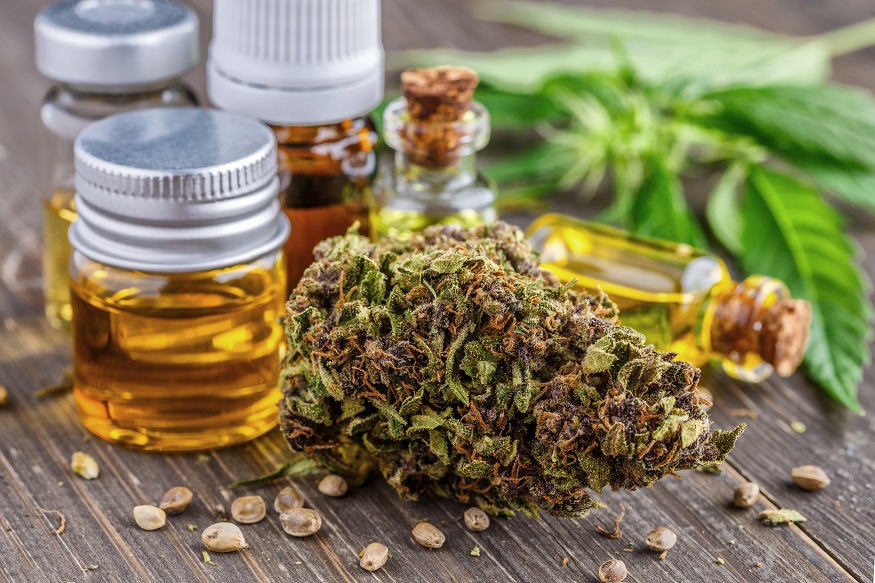It appears as though the U.S. Drug Enforcement Agency (DEA) is finally given in to the Biden administration and the Department of Health and Human Services (HHS). The agency announced in mid-May a recommendation to reschedule marijuana from Schedule I to Schedule III of the Controlled Substances Act (CSA). Once the recommendation becomes law, pot will be just one step away from being fully legal.
The government is quick to point out that rescheduling doesn’t make marijuana legal in and of itself. But just like medical cannabis has proven to be a steppingstone to legalizing adult use, getting marijuana rescheduled is the final step on the road that leads to full federal legalization. In this writer’s opinion, it is only a matter of time now.
Responding to the Pressure
HHS reviewed the idea of rescheduling marijuana before making a recommendation to the DEA some eight months ago. Normally, the DEA can take up and settle such recommendations within six months. When the six-month mark came and went with no action from the agency, pressure began to build.
It started with media pressure continually asking why the DEA had not taken action. It was followed up by direct pressure from the Biden administration. Finally, a group of federal lawmakers sent a letter to the DEA demanding action. It would appear as though all the pressure finally paid off.
Although certain officials at the DEA remain skeptical of marijuana’s medical benefits, the agency has moved ahead with its own rescheduling recommendation. Now a rule needs to be written and submitted for public comment. Following the public comment process, a final rule can be adopted and entered into the Federal Registry.
Still Not Fully Legal
Rescheduling marijuana does not fully legalize it. Rather, it removes marijuana from a category containing drugs like heroin and LSD and puts it in the same group as ketamine and anabolic steroids. People still will not have federal approval to grow, possess, distribute, or use marijuana as they see fit.
So what’s the point of rescheduling? To ease restrictions relating to medical cannabis. Right now, states with active medical cannabis programs are effectively thumbing their noses at Washington. Their medical programs only continue unabated because the DEA is not enforcing federal law.
Rescheduling will, according to the operators of Utahmarijuana.org, throw open the doors to more research into marijuana’s efficacy for treating conditions like chronic pain and PTSD. It will make it easier for researchers to acquire cannabis for research purposes.
This suggests that cannabis-derived medications are on the horizon. Through rescheduling, doctors may one day write traditional prescriptions for cannabis medications the same way they currently do for prescription pain medications.
The Financial Impacts
Rescheduling will also have a tremendous financial impact on cannabis businesses. For example, cannabis growers and distributors are currently not allowed to write off their expenses. That means they pay taxes on all their revenue – not just profits. Rescheduling will change that. Rescheduling will allow them to take advantage of the same write-offs businesses in other sectors already claim.
Cannabis businesses should also start seeing more access to traditional bank services. With rescheduling in play, there appears to be no need for banking reform to protect financial institutions choosing to do business with cannabis companies. However, that remains to be seen.
The DEA has made history with its recommendation to reschedule marijuana. Not much will change for the states in the short term. However, rescheduling is not the end of it. Marijuana will eventually be legal for any purpose across the nation. You can bank on it.



